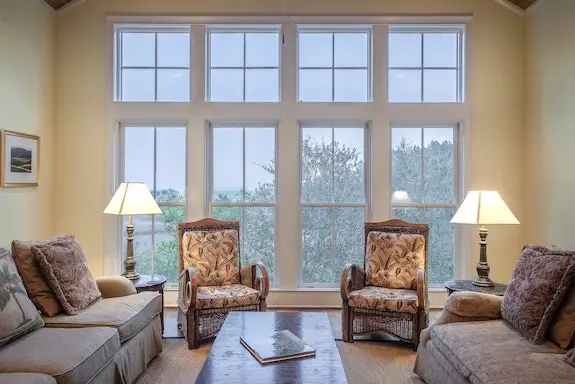Making the decision to move an elderly loved one from their personal home to either an assisted living community or nursing home is difficult. Oftentimes they don’t want to leave the familiar surroundings and comforts of home, yet you know it will be in their best interest. Naturally, you want your loved one to be happy in their new surroundings, so how do you find a place that will suit their lifestyle, physical and health needs, as well as fit within a budget?
Determine the Level of Service Needed
There are several types of senior living facilities including nursing homes, assisted living, independent senior living, and continuing care retirement communities; each one based on a senior’s level of independence as well as the amount of care and services needed.
Consider Well-Being
Your loved one should be protected from the outside world and safety measures inside the facility must be accounted for as well. The well-being, happiness, and safety has no price-tag when it comes to our loved one. As you compare facilities, don’t hesitate to ask questions and request information.
- Security: Check out the security features on the facility website or contact the facility director to gather information on outside security monitoring.
- Safety: Verify the staff policies to ensure background checks are conducted. Depending on the amount of care your loved one requires, also confirm policies on licensure and certification updates and ongoing training to ensure staff are highly-skilled to address special needs. Don’t be too shy to ask the administrator about resident complaints regarding staff either.
- Services and Programs: Services and programs vary among the different facility options from entertainment and meals to transportation and medical care. During your research make note of the needs and wants for your loved one and verify availability.
Discuss Costs and Budget
Senior living facilities do incur expenses, however, when compared to the costs of owning or renting a home, utilities, maintenance, insurance, and taxes, it is often just as affordable. When determining a budget, include calculations for the current living space, assess all financial assets and resources, and consider the cost of medical care.
There are also federal aid and state programs available, if cost is a concern. Once you have narrowed down your options, contact the facility to discuss cost and they will happily work with you to customize a plan that fits within your budget.
Tour the Facility
Online research and phone calls can provide an abundance of information about a place, but a visit to the facility will enable you to experience the environment firsthand. If at all possible, take your loved one with you. The more involvement he or she has in the decision-making process, the easier the transition will be.
During the visit, talk to staff members and residents to find out how well they like it. This will give you a sense of their comfort level and enable you to determine if it’s a good fit or not. Treat it just as you would a walk-through when purchasing a home. Don’t be afraid to check out every inch of the facility and ask questions along the way. This will be home for someone very important to you and as such, you want to have complete confidence that your loved one will be safe, happy, and well taken care of.
Once your elderly loved one is moved to a senior living facility, it is important to be attentive and know the signs of elder abuse.



